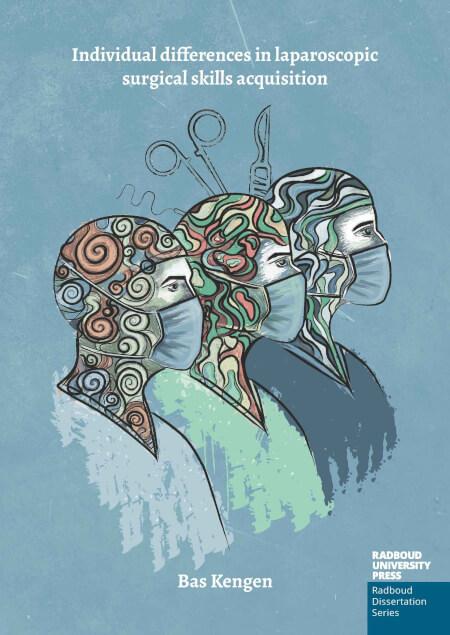Individual difference in laparoscopic surgical skills acquisition
Keywords:
Individual differences, Personality: impulsiveness, Cogntive abilities: visuospatial ability, Feedback, Laparoscopic virtual reality training, Personalized and adaptive trainingSynopsis
In recent years, the landscape of education and training has evolved significantly to support diverse personal qualities and abilities. Adaptive training has emerged as a key approach, enhancing learning experiences by tailoring instructions to meet the unique needs of each learner. This thesis investigates the impact individual differences, specifically the personality trait of impulsiveness and the cognitive ability of visuospatial skills, on the acquisition of laparoscopic surgical skills. Additionally, it explores the effectiveness of different types of feedback and its use for adaptive training. The research involved multiple cohort studies and experimental designs, including controlled trials and simulation-based assessments, conducted among surgical consultants, residents and interns. The research demonstrates that spatial ability positively affects performance under deviated optical angles, while high impulsivity in inexperienced surgeons leads to shorter procedure times but increased error rates. Furthermore, peer-based feedback norms are shown to be as effective as expert-based norms, and selective feedback can be used to create an adaptive form of training. The findings highlight the relevance of individual differences such as spatial ability and impulsiveness on aparoscopic skills acquisition. An adaptive training approach with tailored training programs based on individual differences can enhance laparoscopic skill acquisition and potentially shorten learning curves.

Published
Series
Categories
License

This work is licensed under a Creative Commons Attribution-NonCommercial-NoDerivatives 4.0 International License.

